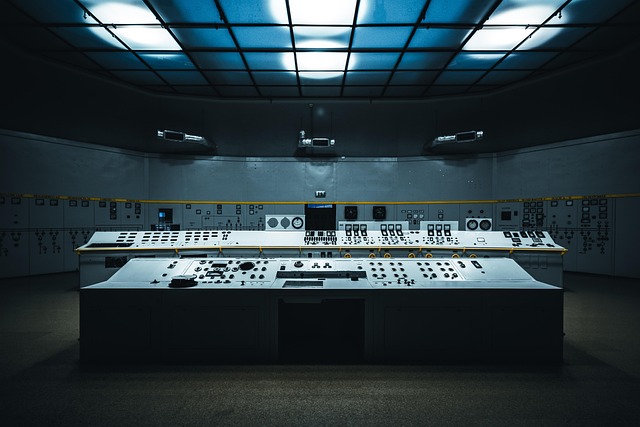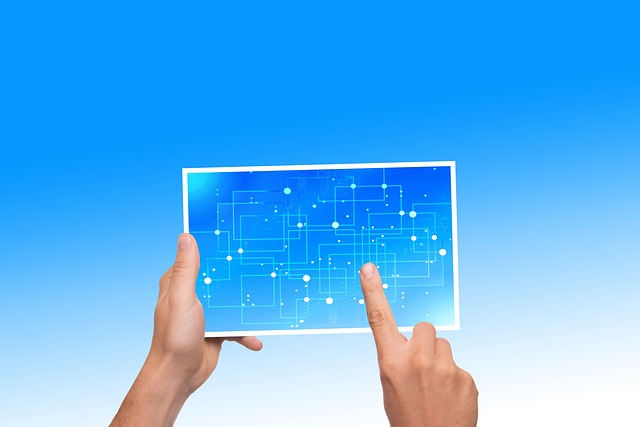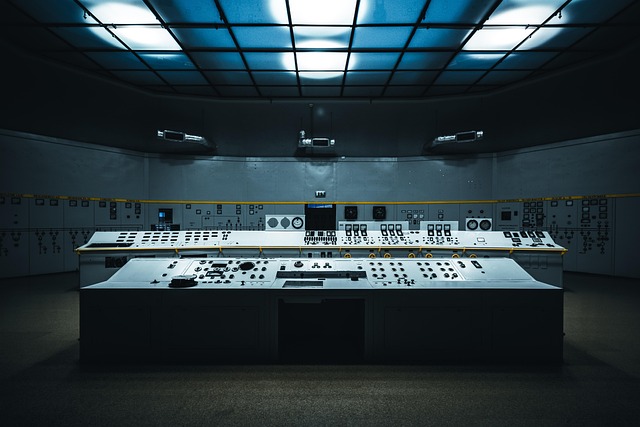In today’s rapidly evolving technological landscape, smart sensors are paving the way for a revolutionary shift in interaction across various fields including robotics, artificial intelligence, and business automation. These remarkable devices are not only enhancing efficiency but also transforming the way we connect with our environments and each other.
Imagine a robot operating in a manufacturing plant, equipped with advanced smart sensors that allow it to perceive its surroundings in real-time. These sensors can detect temperature, motion, and even the slightest changes in pressure. This level of awareness enables robots to make split-second decisions, optimize tasks, and ensure safety, all while interacting seamlessly with human workers. The synergy created by the integration of smart sensors allows for a collaborative work environment where humans and machines coexist effectively. The result is not just improved productivity but also a safer workplace where humans can focus on creative and complex problem-solving tasks, leaving mundane operations to their robotic counterparts.
In the realm of artificial intelligence, smart sensors play a pivotal role in enhancing machine learning algorithms. By gathering vast amounts of data about their surroundings, these sensors provide the necessary inputs for AI systems to learn and adapt. For instance, in smart homes, sensors can track energy consumption patterns and adjust heating or cooling systems accordingly, resulting in increased energy efficiency. Such applications illustrate the potential of AI to learn from its environment and evolve over time, becoming increasingly adept at anticipating human needs and preferences.
Business automation is another area where smart sensors are making a significant impact. Companies are leveraging these technologies to streamline operations, reduce overhead costs, and enhance customer experiences. Retail stores equipped with smart sensor arrays can track customer movements, preferences, and purchasing behaviors, allowing businesses to tailor their offerings in real-time. This personalized approach not only improves customer satisfaction but also fosters brand loyalty as consumers feel understood and catered to. Moreover, the data collected from these interactions helps businesses make informed decisions about inventory management, sales strategies, and marketing efforts, driving overall growth and efficiency.
The future of interaction facilitated by smart sensors is bright. As these technologies continue to evolve and integrate into various sectors, they promise to enhance our daily lives by creating intelligent systems that respond to our needs and preferences. Whether it’s in robotics, artificial intelligence, or business automation, smart sensors are truly revolutionary in enabling a deeper connection between machines and humans, making our world more efficient, informed, and connected.




